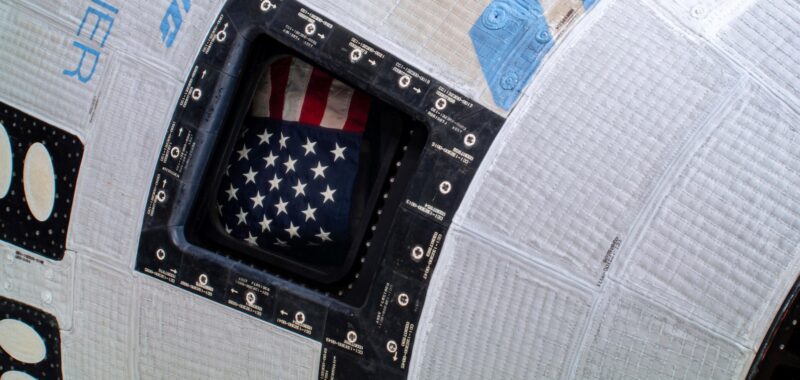CAPE CANAVERAL, Fla. — Two astronauts who should have been back on Earth weeks ago said Wednesday that they’re confident that Boeing’s space capsule can return them safely, despite breakdowns.
NASA test pilots Butch Wilmore and Suni Williams launched aboard Boeing’s new Starliner capsule early last month, the first people to ride it. Helium leaks and thruster failures almost derailed their arrival at the International Space Station, and has kept them there much longer than planned.
In their first news conference from orbit, they said they expect to return once thruster testing is complete here on Earth. They said they’re not complaining about getting extra time in orbit, and are enjoying helping the station crew.
“I have a real good feeling in my heart that the spacecraft will bring us home, no problem,” Williams told reporters.
The test flight should have lasted eight days, ending on June 14.
This week, NASA and Boeing are trying to duplicate the Starliner’s thruster problems on a brand new unit at White Sands Missile Range in New Mexico, one of the prime landing sites in the U.S. western desert. The trouble is in the propulsion system, used to maneuver the spacecraft,
Five thrusters failed as the capsule approached the space station on June 6, a day after liftoff. Four have since been reactivated. Wilmore said there should be enough working thrusters to get him and Williams out of orbit. There are also bigger engines that could fill in, if necessary.
“That mantra you’ve heard, failure is not an option, that’s why we are staying here now,” Wilmore said. “We trust that the tests that we’re doing are the ones we need to do to get the right answers, to give us the data that we need to come back.”
Boeing and NASA consider the ground tests essential to determine what might have gone wrong since that part of the capsule — the service module — is discarded before landing. The leaks also are located in this disposable section.
NASA ordered up the Starliner and SpaceX Dragon capsules a decade ago for astronaut flights to and from the space station, paying each company billions of dollars. SpaceX’s first taxi flight with astronauts was in 2020. Boeing’s first crew flight was repeatedly delayed because of software and other issues.
___
The Associated Press Health and Science Department receives support from the Howard Hughes Medical Institute’s Science and Educational Media Group. The AP is solely responsible for all content.

